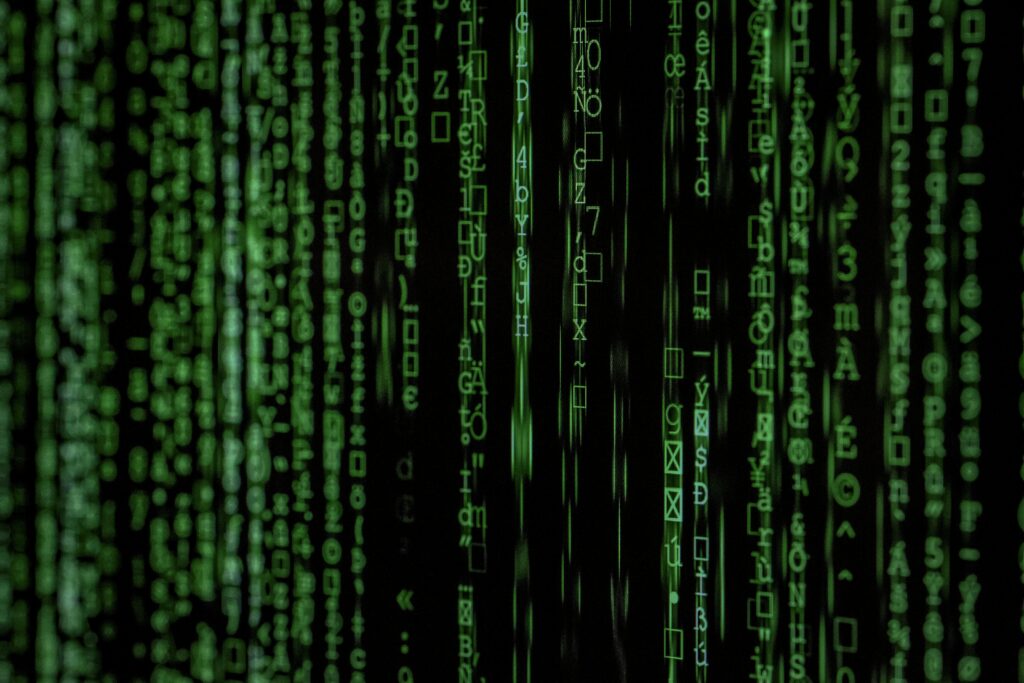In a world where technology seems to advance at lightning speed, one development stands out for its unexpected and intriguing implications: the rise of AI-powered virtual influencers. These digital creations, designed to resemble real-life social media influencers, are gaining popularity and sparking conversations about the future of brand partnerships and consumer engagement.
With their flawless appearance and carefully curated personalities, virtual influencers like Lil Miquela and Shudu have amassed millions of followers and secured collaborations with major brands. Their ability to work around the clock, never age, and always stay on brand has businesses and marketers taking notice.
According to a recent report by Business Insider Intelligence, the virtual influencer market is projected to reach $1.6 billion by 2025, highlighting the growing impact of AI on social media marketing. As CEO of a leading digital marketing agency notes, “Virtual influencers offer a level of control and precision that human influencers simply can’t match.”
While some critics argue that virtual influencers lack authenticity and genuine connection with their audience, others see them as a groundbreaking opportunity to reach new demographics and engage with consumers in innovative ways. As technology continues to evolve, it’s clear that virtual influencers are here to stay, challenging traditional notions of influence and paving the way for a new era of digital marketing.



